How to use this Crossword Solver
Not sure how to work our Crossword Solver? Read these simple tips to get you on your way. Entering the word length is optional.| Find an answer… | Tip |
|---|---|
| …based on a clue | Enter the clue from your puzzle to find matching results; Examples: river in Germany, Kitchen utensils and Greek letter |
| …based on a partial solution | Enter the word, replacing missing letters with dots; Example: cro..w..d (Finds “crossword”) |
| …by using wildcards | Use a specific wildcard ( . * ^ and @ ) for letters which are the same; Example: cr*@@w*rd (Finds *=o @=s) |
Tips
Don't be too specific when searching for a clue. For example; “a mountain range in Africa” will provide you with fewer answers than the simple keyword phrase “Mountain Africa”. If the answer you find doesn't exactly match what you are looking for, the “Possibly related” box next to the results might offer useful suggestions.More crossword answers
